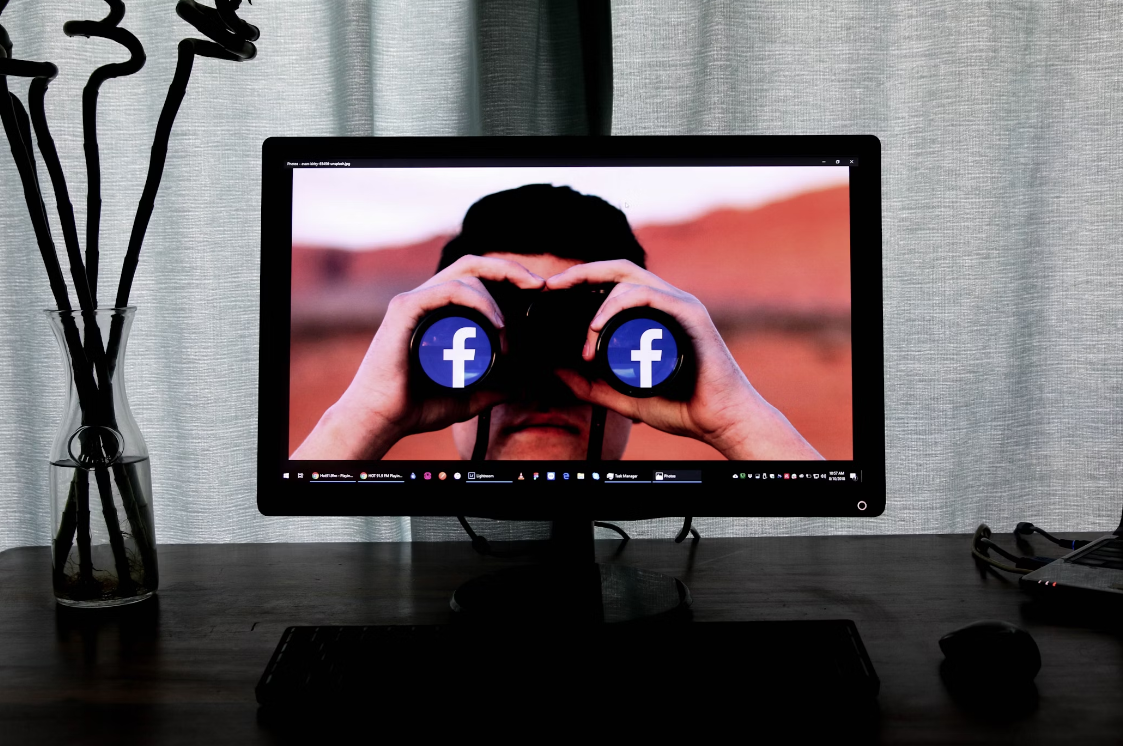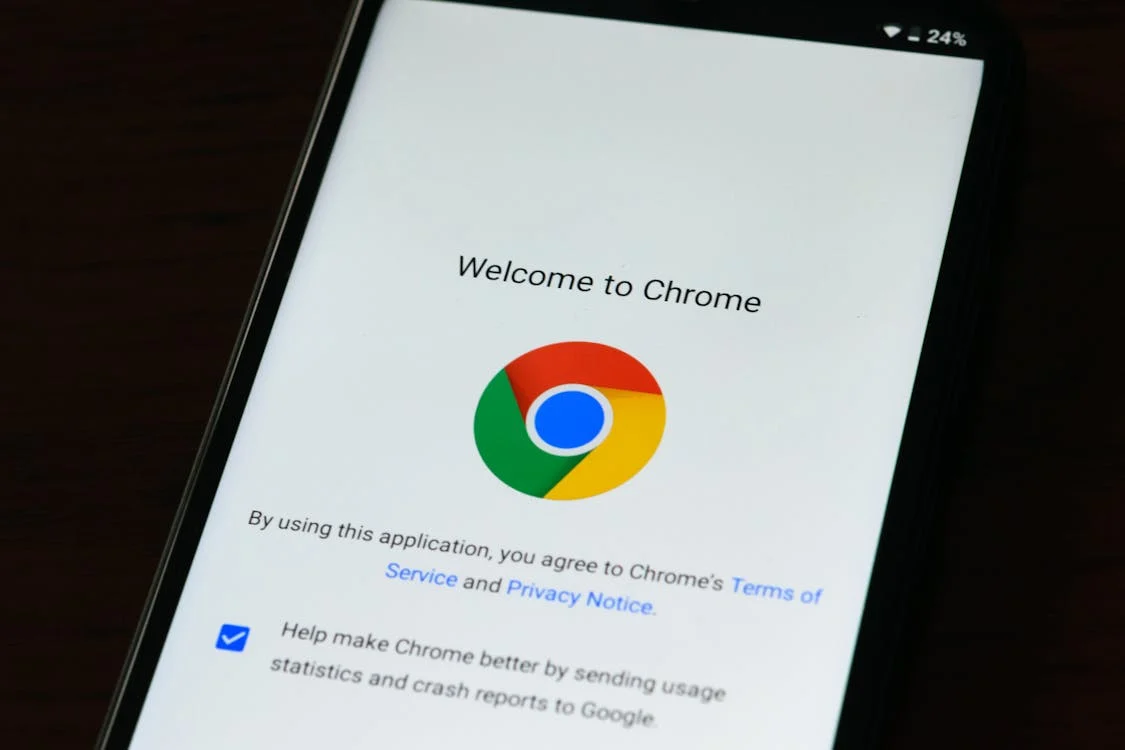Pegasus spyware, created by the Israeli firm NSO Group, has been identified on a growing number of smartphones worldwide. It targets individuals ranging from journalists and activists to business leaders and government officials. A report by mobile security company iVerify uncovered seven
Latest News: Privacy
India’s Department of Telecommunications (DoT) recently introduced the Telecommunications (Telecom Cyber Security) Rules, 2024, under the Telecom Act, 2023, to fortify telecom infrastructure against cyber threats. However, experts argue these measures lack sufficient safeguards for user privacy
South Korea’s privacy regulator has imposed a $15 million fine on Meta, citing illegal data collection on nearly one million Facebook users. The watchdog’s investigation revealed Meta gathered sensitive personal information without users’ explicit consent, which it then shared with
Mozilla, the organization behind the Firefox web browser, is under scrutiny after privacy group noyb filed a complaint with the Austrian Data Protection Authority. Mozilla is accused of secretly enabling a tracking feature called “Privacy Preserving Attribution” (PPA), which noyb argues violates
Telegram, one of the most downloaded apps in the world with over 900 million active users, will now provide users' phone numbers and IP addresses to law enforcement, provided there is a valid legal request and the user has violated the platform’s rules. This policy change was announced by Telegram
LinkedIn has quietly opted in its users' data into training its generative AI models without prior notice. The platform has since introduced an opt-out option as a user account setting. As reported by 404Media and other sources, LinkedIn appears to have implemented data collection for AI
The US government has imposed new sanctions on Israeli spyware company Intellexa, stepping up its efforts to combat the misuse of commercial spyware technology. Intellexa, known for developing the invasive "Predator" spyware, has been linked to international surveillance operations targeting
A newly discovered flaw in WhatsApp’s "View Once" feature allows recipients to bypass privacy protections to save and share media intended to disappear after a single viewing. The issue was formally identified by the Zengo X Research Team. WhatsApp launched the "View Once" feature in 2021 so
X, formerly known as Twitter, has permanently suspended the use of European Union (EU) user data in training its AI model, Grok. This comes following a legal challenge by the Irish Data Protection Commission (DPC), demanding that X halt its AI data collection practices. The suspension, which took
Google must face a trial after a US appeals court revived a lawsuit alleging that the company misled Chrome users about its data collection practices. The class action lawsuit, which has been pursued by Chrome users since 2020, claims that Google harvested user data without proper









